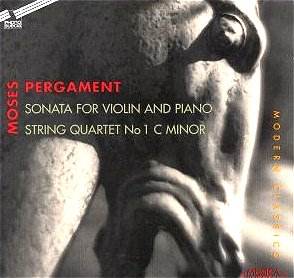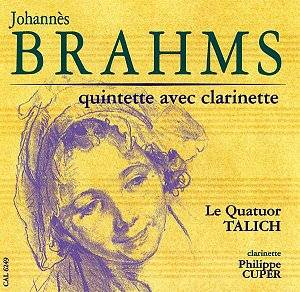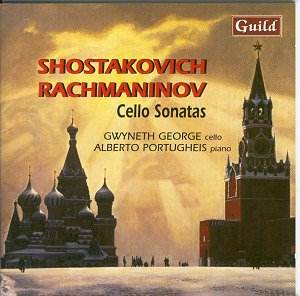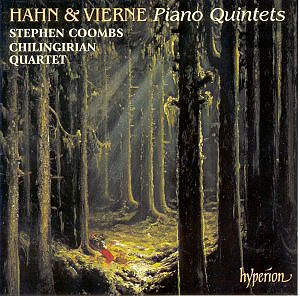 Composer: Moses Pergament
Composer: Moses Pergament
Works: Violin Sonata (1918-20), String Quartet No. 1 (1918-22)
Performers: Nils-Erik Sparf (violin), Bengt Forsberg (piano), Lysellkvartetten (string quartet)
Recording: Studio 2, Radiohuset, 15-16 Nov 2000 (sonata), 17-19 Aug 2000 (quartet)
Label: Phono Suecia – Musica Sveciae – PSCD 711
Moses Pergament, a lesser-known yet fascinating figure in the early 20th-century Nordic music scene, emerges compellingly in this recording of his Violin Sonata and String Quartet No. 1. Born in Finland in 1893 and later a Swedish citizen, Pergament’s musical language reflects a confluence of Germanic and Scandinavian traditions, peppered with French influences. His works, created during a period of intense personal and societal upheaval, resonate with a unique blend of modernism and lyrical expressiveness, making this recording a significant addition to the catalog of early 20th-century chamber music.
The performances by Nils-Erik Sparf and Bengt Forsberg in the Violin Sonata reveal a dynamic interplay between the violin and piano that captures the essence of Pergament’s intent. Sparf’s playing is marked by a slender yet vibrant tone, illuminating the sonata’s intricate lines with a sensitivity that recalls the emotional depth of composers like Bax and Ireland. In the opening movement, the interplay of lyrical melodies and rhythmic pulses creates a rich tapestry of sound, where Forsberg’s robust piano contributions anchor the ethereal violin passages. The sonata’s finale, a ten-minute tour de force, showcases Pergament’s penchant for declamatory material, with Forsberg navigating the stone-hewn textures expertly while Sparf’s delicate phrasing brings a heightened emotional resonance.
The String Quartet No. 1 presents a more complex challenge, as it brims with a profusion of melodic lines and dense counterpoint. Here, the Lysellkvartetten displays a commendable cohesion and an adventurous spirit. The quartet’s second movement, with its folk-inspired variations, evokes the gemütlich character of Viennese music while simultaneously drawing from Pergament’s Nordic roots. The intricate layering of voices recalls the lushness found in the quartets of Bernard van Dieren and John Foulds, and yet Pergament’s individuality shines through. The engineering of this recording allows for clarity in the ensemble’s interaction, capturing the nuanced interplay and the atmospheric shifts that characterize Pergament’s writing.
While the String Quartet showcases Pergament’s imaginative prowess, it lacks the concentrated focus of the Violin Sonata. The latter’s structure feels more inevitable, with each thematic development leading seamlessly to the next. The quartet, while intriguing and rich in invention, sometimes meanders, which may dilute its impact in comparison to the sonata’s more direct emotional trajectory. Notably, the macabre scherzo hints at Ravel’s darker side, a testament to Pergament’s ability to blend influences while maintaining his own voice.
This recording of Pergament’s works stands as both a tribute to an underappreciated composer and a valuable resource for those interested in the intersections of Nordic and Jewish musical legacies. The performances by Sparf, Forsberg, and Lysellkvartetten not only do justice to the scores but also invite listeners into Pergament’s world with an engaging interpretative flair. For those intrigued by the rich tapestry of early 20th-century chamber music, this disc is a significant and recommendable exploration of a composer who, while rooted in his era, speaks with a voice that echoes into the present.



